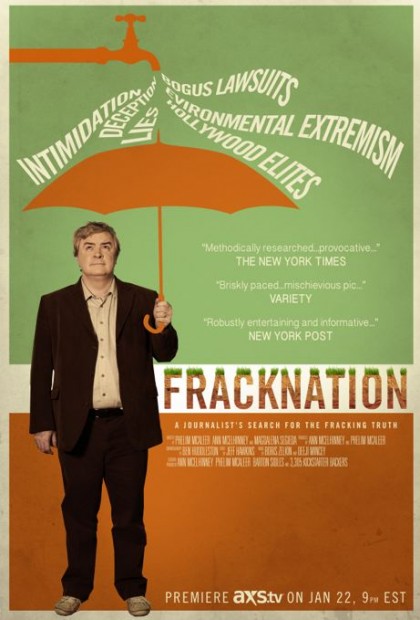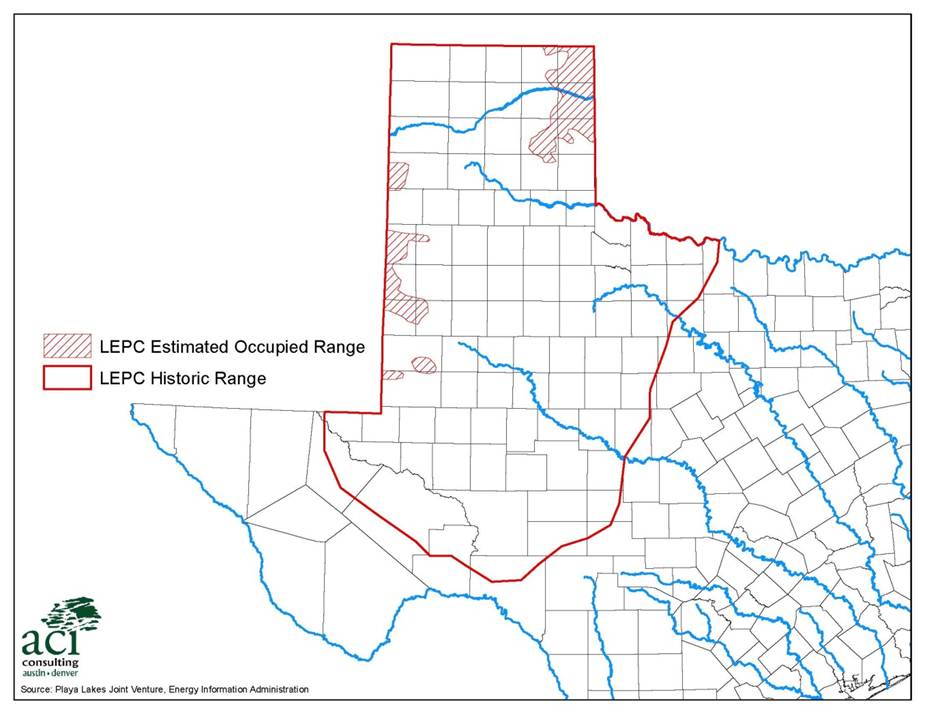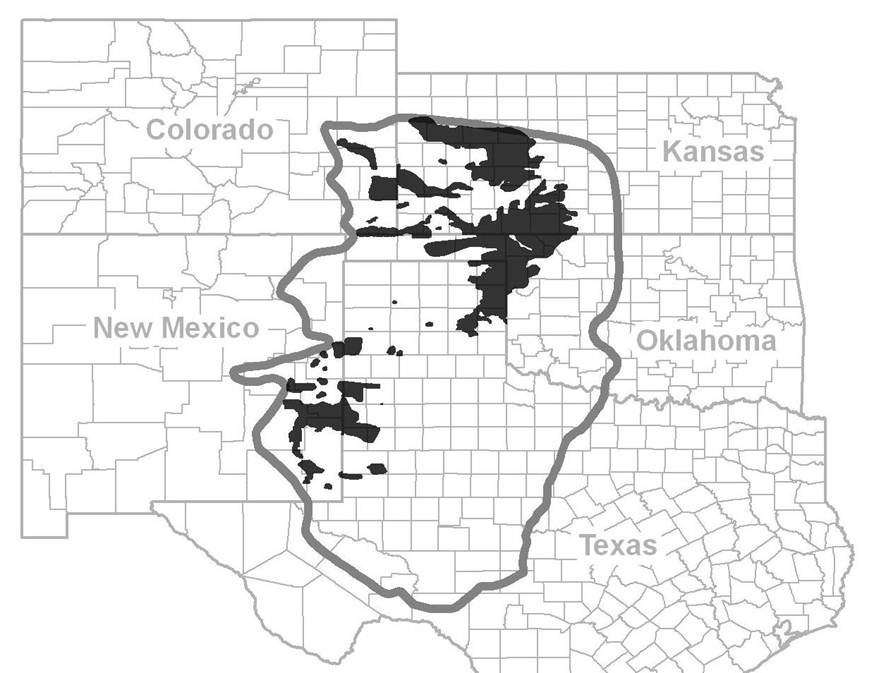The E&P industry is continuing to face public criticism of its use of fresh groundwater in fracing wells and its failure to disclose the chemicals added to frac water.
On February 5, the Investor Environmental Health Network (IEHN) issued a press release announcing that shareholders have filed resolutions with Cabot O&G, Chevron, Exxon Mobil, EOG Resources, ONEOK, Pioneer Natural Resources, Spectra Energy, Range Resources and Ulta Petroleum challenging the companies “to quantifiably measure and reduce environmental and societal impacts” of their exploration activities. The resolutions focus on water issues, asking the companies to disclose the amount and sources of water used, how they track and measure naturally occurring radioactive materials (NORM) in frac water, whether and to what extent the companies use closed-loop systems in handling frac water, and what efforts are being made to reduce the amount of fresh water used. Shareholder proposals were filed by Calver Investments, Green Century Capital Management, the New York City Office of the Comptroller, the New York State Common Retirement Fund, the Sisters of St. Francis of Philadelphia, and Trillium Asset Management. IEHN and the Interfaith Center on Corporate Responsibility published a report in 2011, “Extracting the Facts: an investor guide to disclosing risks from hydraulic fracturing,” intended to list and encourage best risk management practices by E&P companies, including reducing and disclosing all toxic chemicals, minimizing fresh water use by substituting non-potable sources, and using closed-loop systems to store waste waters.
Last week, New York Comptroller Thomas DiNapoly announced that the state’s pension fund had reached an agreement with Cabot O&G to disclose its practices for minimizing the use of toxic chemicals in frac fluids. DiNapoli withdrew his shareholder proposal submitted for Cabot’s upcoming proxy statement. DeNapoli has negotiated similar agreements with Hess, Range Resources and SM Energy.







